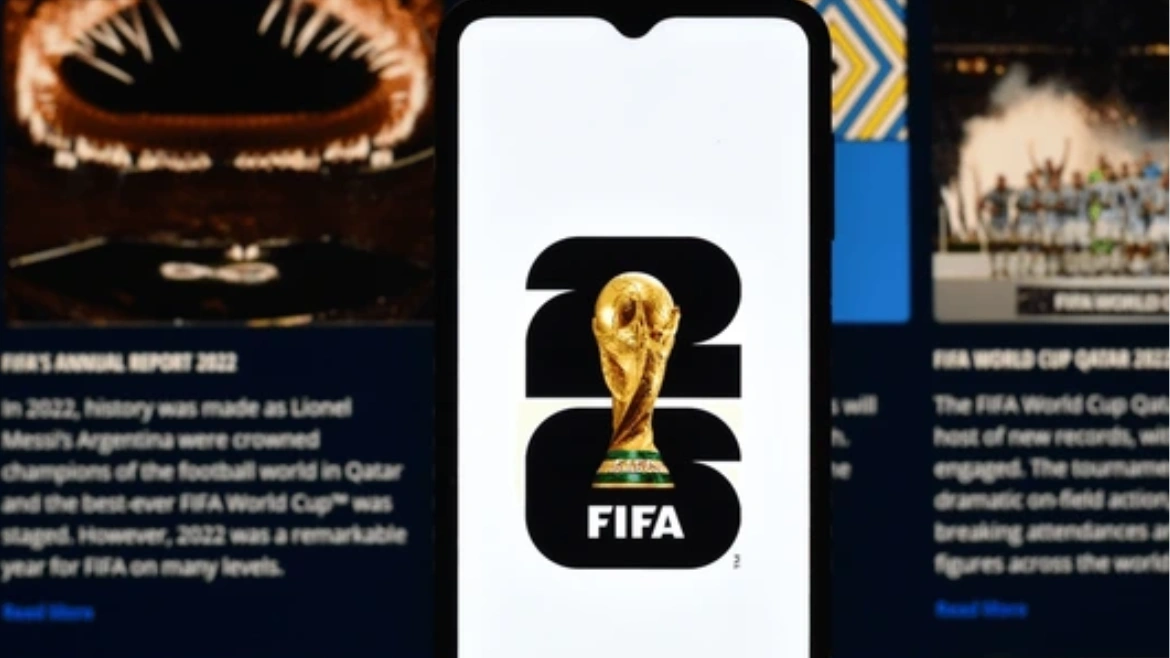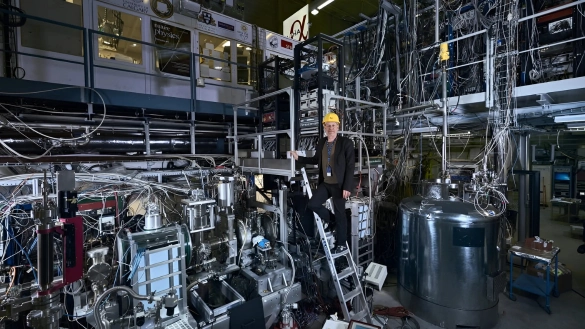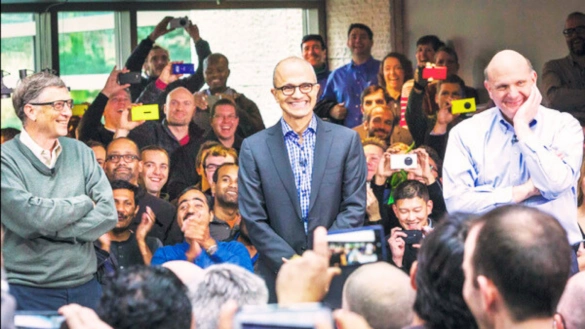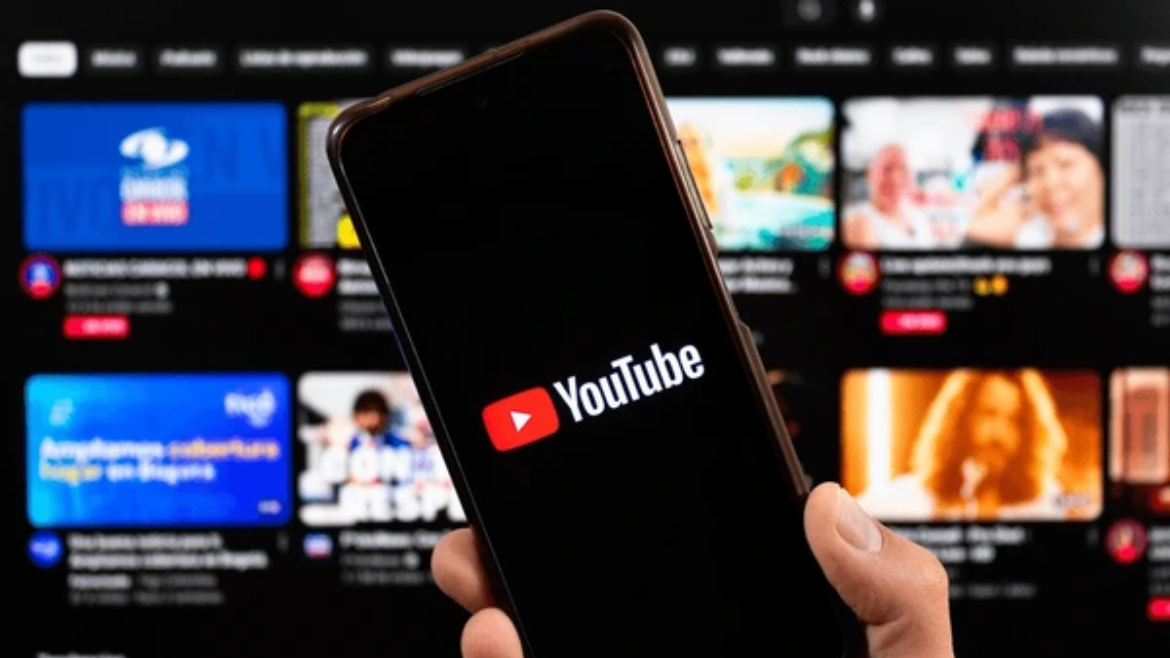The FIFA Club World Cup 2025 represents a watershed moment in international club football, marking the first edition of the expanded tournament format that promises to revolutionize how fans experience the beautiful game. Taking place in the United States from June 14 to July 13 ,this prestigious competition brings together 32 elite clubs from across the globe in a month-long festival of football. With groundbreaking technological innovations, a revamped format, and unprecedented prize money, the tournament is set to captivate audiences worldwide.Introduction
The Evolution of the FIFA Club World Cup
The FIFA Club World Cup has undergone a significant transformation since its inception. Previously held annually with just seven teams, the tournament has now expanded to include 32 clubs and will be played every four years, similar to the FIFA World Cup for national teams.
Historical Context
The tournament’s expansion was initially announced in March 2019 and was originally scheduled to be hosted by China in 2021. However, the COVID-19 pandemic forced a postponement, leading to the current 2025 edition being hosted in the United States. This expansion represents FIFA’s vision to create a truly global club competition that showcases the best teams from every continent.
From Annual to Quadrennial
Shifting from an annual seven-team tournament to a quadrennial 32-team competition marks a significant evolution in the tournament’s structure and importance. This change aligns the Club World Cup more closely with the FIFA World Cup format, elevating its status on the global football calendar. The previous format has been replaced by the FIFA Intercontinental Cup as the annual club competition.
Tournament Format Explained
The 2025 FIFA Club World Cup introduces a completely revamped format designed to create a more competitive and engaging tournament. Understanding this structure is essential for fans looking to follow the competition.
32-Team Structure
The tournament features 32 clubs divided into eight groups of four teams each. This expansion allows for greater representation from all six continental confederations, creating a truly global competition. The group stage follows a round-robin format, with each team playing three matches against their group opponents.
Qualification Criteria
Teams qualified for the tournament based on their performances in continental competitions between 2021 and 2024. The allocation of slots among the confederations was determined by FIFA based on objective metrics and criteria:
UEFA (Europe): 12 slots
CONMEBOL (South America): 6 slots
AFC (Asia): 4 slots
CAF (Africa): 4 slots
CONCACAF (North and Central America): 4 slots
OFC (Oceania): 1 slot
Host nation (USA): 1 slot
For UEFA and CONMEBOL, qualification was primarily based on winning their respective continental championships (Champions League and Copa Libertadores) during the qualifying period, with additional spots allocated based on club rankings over the four-year period. For other confederations, the winners of their continental championships during that period secured spots in the tournament.
Group Stage and Knockout Format
The tournament begins with a group stage where the 32 teams compete in eight groups of four. The top two teams from each group advance to the knockout stage, beginning with the round of 16. The knockout phase follows a single-elimination format, culminating in the final on July 13, 2025.
Match Schedule
The tournament kicks off on June 14, 2025, with the opening match between Al Ahly and Inter Miami at Miami’s Hard Rock Stadium. The group stage runs until June 27, followed by the round of 16 (June 28–July 2), quarterfinals (July 5–6), semifinals (July 9–10), and the final on July 13. A total of 63 matches will be played across the tournament.
Participating Teams and Groups
The 32 qualified teams represent the elite of club football from around the world, including recent continental champions and high-performing clubs from the qualifying period.
Notable Participants
The tournament features some of the biggest names in world football, including:
Manchester City (defending Club World Cup champion)
Real Madrid (multiple Champions League winners)
Chelsea (2021 Champions League winners)
Bayern Munich (European powerhouse)
Inter Miami (featuring Lionel Messi)
Fluminense (Copa Libertadores champions)
Al-Hilal (Asian champions)
Group Allocations
The 32 teams were divided into eight groups through a draw conducted by FIFA. Each group features a balanced mix of teams from different confederations, ensuring diverse and competitive matchups.
Technological Innovations at the 2025 Club World Cup
The 2025 FIFA Club World Cup will showcase a range of groundbreaking technological innovations designed to enhance the fan experience, improve officiating, and streamline tournament operations.
Referee Body Cameras
For the first time in a major tournament, referees will wear body cameras that provide viewers with a unique perspective of the action on the field. This innovation aims to give television audiences a fresh experience by showing the referee’s point of view during non-controversial moments of play.
Enhanced VAR Implementation
Video Assistant Referee (VAR) technology will be implemented with several enhancements. In addition to its standard application for reviewing goals, penalties, red cards, and cases of mistaken identity, fans in stadiums will now be able to see exactly what the referee views on the monitor during on-field reviews, displayed live on giant screens.
Advanced Semi-Automated Offside Technology
This system utilizes multiple cameras, a sensor inside the ball, and artificial intelligence to track players’ positions and the ball in real time. Automated alerts notify match officials of clear offside situations, reducing delays and minimizing incorrect calls.
AI-Driven Data Collection
FIFA will use algorithms developed with Hawk-Eye Innovations Ltd to automatically collect live event data based on tracking data. This AI-driven approach will provide more comprehensive and accurate statistics for match coverage.
Digital Substitution Management
Substitution tablets will replace traditional paperwork and manual communication. Each team will receive a tablet before kick-off to manage substitution requests digitally, ensuring everyone involved has clear information about remaining substitutions.
New Eight-Second Goalkeeper Rule
Goalkeepers will have eight seconds (up from six) to release the ball from their hands, with referees using a visual five-second countdown. Exceeding this limit results in a corner kick for the opposing team, creating a stronger deterrent against time-wasting.
Venues and Host Cities
The 2025 FIFA Club World Cup will be played across 12 stadiums in 11 cities throughout the United States, showcasing some of the country’s premier sporting venues.
Stadium Locations
Locations include:
Mercedes-Benz Stadium (Atlanta)
Bank of America Stadium (Charlotte)
TQL Stadium (Cincinnati)
Rose Bowl Stadium (Los Angeles)
Hard Rock Stadium (Miami)
GEODIS Park (Nashville)
MetLife Stadium (New York/New Jersey)
Camping World Stadium and Inter&Co Stadium (Orlando)
Lincoln Financial Field (Philadelphia)
Lumen Field (Seattle)
Audi Field (Washington, D.C.)
Five venues—Mercedes-Benz Stadium, Hard Rock Stadium, MetLife Stadium, Lincoln Financial Field, and Lumen Field—will also host matches during the 2026 FIFA World Cup.
Venue Capacities and Features
MetLife Stadium in New Jersey has the largest capacity (82,500) and will host the final. Other notable venues include the iconic Rose Bowl in Los Angeles (capacity: 92,542) and the ultra-modern Mercedes-Benz Stadium in Atlanta (capacity: 75,000).
Broadcasting and Fan Experience
The 2025 FIFA Club World Cup will be accessible to fans worldwide through comprehensive broadcasting arrangements and digital platforms.
Global Broadcasting Rights
DAZN has secured exclusive global broadcasting rights and will live-stream all 63 matches for free. In the UK, Channel 5 will broadcast 23 live games on free-to-air television.
Digital Fan Engagement
Interactive experiences on FIFA’s official platforms will include Budweiser’s “Celebration in the Making” campaign and Panini’s digital collectibles on FIFA Collect, connecting fans beyond match viewing.
In-Stadium Experience
Stadiums will display VAR footage on giant screens during referee reviews, enhancing transparency. State-of-the-art facilities and amenities will ensure a comfortable spectator experience.
Prize Money and Financial Impact
The 2025 FIFA Club World Cup features unprecedented prize money, reflecting the tournament’s elevated status.
Record Prize Pool
FIFA has allocated USD 1 billion for prize money, divided into:
Sporting performance pillar: USD 475 million
Participation pillar: USD 525 million
Winners can earn up to USD 125 million, with incremental payouts for each stage:
Group stage win: USD 2 million per match
Group stage draw: USD 1 million per match
Round of 16: USD 7.5 million
Quarter-final: USD 13.125 million
Semi-final: USD 21 million
Finalist: USD 30 million
Winner: USD 40 million
Solidarity Funding
FIFA’s solidarity program targets an additional USD 250 million to support global club football development.
Economic Impact on Host Cities
With projected attendance near 3.7 million fans, host cities will benefit from boosts to tourism, hospitality, and retail, along with increased global visibility.
Star Players and Teams to Watch
The 2025 tournament will showcase some of football’s greatest talents, creating compelling storylines.
Lionel Messi and Inter Miami
Messi leads Inter Miami in their debut Club World Cup appearance, having won the tournament three times with Barcelona (2009, 2011, 2015).
European Powerhouses
Manchester City: Defending champions under Pep Guardiola
Real Madrid: Most Champions League titles
Bayern Munich: Featuring Harry Kane
Chelsea: 2021 Champions League winners
Global Challengers
Fluminense: Brazilian Copa Libertadores champions
Al-Hilal: A Saudi Arabian club with significant international talent
Al Ahly: Most successful African club
Sustainability and Legacy
The 2025 Club World Cup aims to leave a positive legacy with sustainability and development initiatives.
Environmental Initiatives
Waste management strategies follow circular economy principles, using waste-to-energy, smart monitoring, and data analytics to enhance sustainability.
Football Development Legacy
Exposure to elite club football ahead of the 2026 FIFA World Cup is expected to boost the sport’s popularity in the U.S. Solidarity funding will support club football development worldwide.
Stadium Utilization
Lessons from previous tournaments guide sustainable post-event use of venues, including commercial and multi-functional adaptations.
FAQs
What is the FIFA Club World Cup 2025?
The 21st edition and first expanded version of FIFA’s premier club competition, featuring 32
teams from across six continents.
How is the 2025 tournament different?
Expanded from seven teams to 32, held every four years with a group stage and knockout rounds.
How did teams qualify?
Qualification was based on continental competition performances between 2021 and 2024.
What technological innovations will be featured?
Referee body cameras, enhanced VAR, semi-automated offside technology, digital substitutions, and AI-driven data collection.
How much prize money is available?
USD 1 billion in total, with winners potentially earning up to USD 125 million.
Where can I watch the matches?
DAZN will live-stream all matches for free globally; Channel 5 will broadcast 23 matches in the UK.
What is the new eight-second goalkeeper rule?
Goalkeepers have eight seconds to release the ball; exceeding it awards a corner kick to the opponent.
Will VAR be used?
Yes, with enhancements like live VAR replays on stadium screens.
Which stadiums will host matches?
Twelve stadiums across 11 U.S. cities, including Atlanta, Los Angeles, Miami, New York/New Jersey, and others.
How does the format work?
Eight groups of four teams in a round-robin; top two advance to the round of 16, then knockout rounds to the final.






![Understanding How Social Media Platforms Count Video Views [Infographic]](https://www.niais.org/public/storage/blogs/c1DzP5vwGaj7LyIvOhV9jbifXklLtYJFr0Y3PlAP.png)








7 Comments
Elvera Cone
1 week agoKirby Walsh
2 weeks agoKazuko Geyer
2 months agoMichaelCip
3 months ago* * * Free money? Yeah, we said it: https://mdigitalwork.com/index.php?dqy9xc * * * hs=bdabc9309f0fbf1554c4b218e9ad58b4* ххх*
4 months agoPatricklex
5 months agoDavidEscam
6 months ago